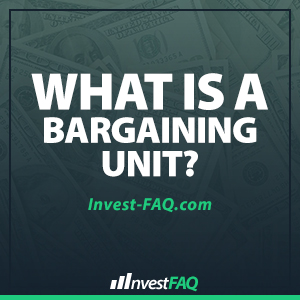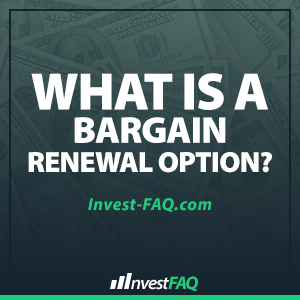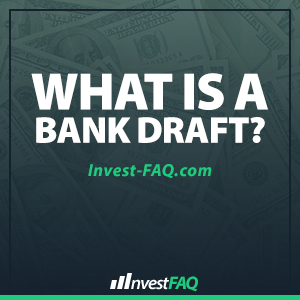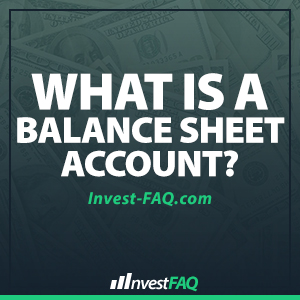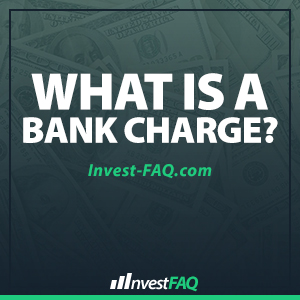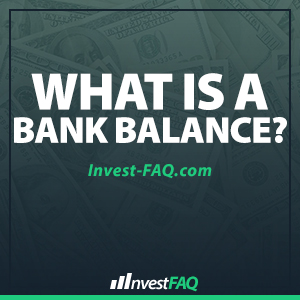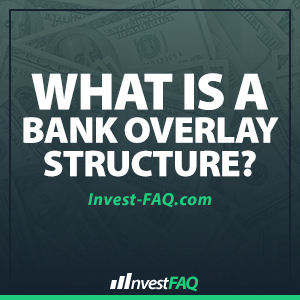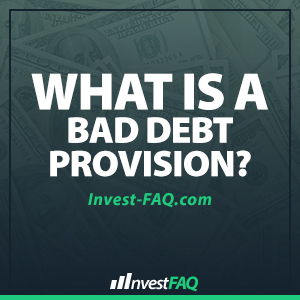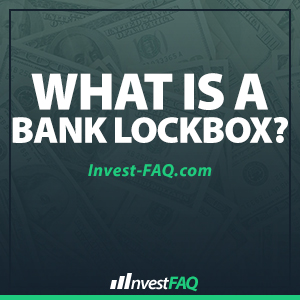Bargaining Unit A bargaining unit is a group of employees with a clear and identifiable community of interest, represented by one or more unions for purposes of collective bargaining. It is established based on factors such as job duties, work locations, and employer-employee relations, aiming to negotiate wages, working conditions, and other employment terms collectively.
Category: Glossary
What Is a Bargain Renewal Option?
Bargain Renewal Option A bargain renewal option is a provision in a lease agreement that allows the lessee to extend the lease term at a rate significantly lower than the expected market rate at the time of renewal. This option provides financial predictability and potential savings for the lessee, while offering the lessor long-term occupancy
What Is a Bargain Purchase Option?
Bargain Purchase Option A bargain purchase option is a clause in a lease agreement that allows the lessee to purchase the leased asset at the end of the lease term at a price significantly lower than the expected fair market value. This option provides a financial advantage to the lessee, encouraging them to eventually own
What Is a Bank Draft?
Bank Draft A bank draft is a payment instrument issued by a bank on behalf of a payer, guaranteeing payment of a specified amount to a named beneficiary. It represents a secure form of payment, as the funds are drawn directly from the bank’s reserves, ensuring the recipient that the draft will not bounce due
What Is a Balance Sheet Account?
Balance Sheet Account A balance sheet account is a record within a company’s balance sheet that captures the value of assets, liabilities, and shareholders’ equity at a specific point in time. These accounts provide a snapshot of a company’s financial health, offering insights into what it owns, what it owes, and the equity amount invested
What Is a Bank Charge?
Bank Charge A bank charge is a fee assessed by a bank against an account holder for various services or as penalties for not meeting certain account requirements. These charges can include monthly maintenance fees, overdraft fees, transaction fees, and charges for account setup or closure. For businesses, bank charges are a regular part of
What Is a Bank Balance?
Bank Balance A bank balance refers to the total amount of funds that are currently available in a bank account. It represents the financial position of an individual’s or entity’s account at any given moment, indicating how much money is accessible for withdrawal or use. In the business world, monitoring the bank balance is fundamental
What Is a Bank Overlay Structure?
Bank Overlay Structure A bank overlay structure is a sophisticated financial arrangement that allows businesses to manage multiple bank accounts and financial products under a single, unified platform. This structure streamlines cash management and treasury functions, facilitating efficient oversight of liquidity, investments, and risks across different currencies and geographic locations. Businesses, especially multinational corporations with
What Is a Bad Debt Provision?
Bad Debt Provision A bad debt provision, often referred to as an allowance for doubtful accounts, is an accounting practice where companies set aside a specific amount of money to cover accounts receivable that may not be collectible. This provision is a reflection of the company’s estimate of potential losses due to customers failing to
What Is a Bank Lockbox?
Bank Lockbox A bank lockbox is a service provided by financial institutions that allows businesses to expedite the collection and processing of their receivables. Through this service, a business’s incoming payments are directed to a special post office box, after which the bank collects these payments and deposits them directly into the business’s account. In

